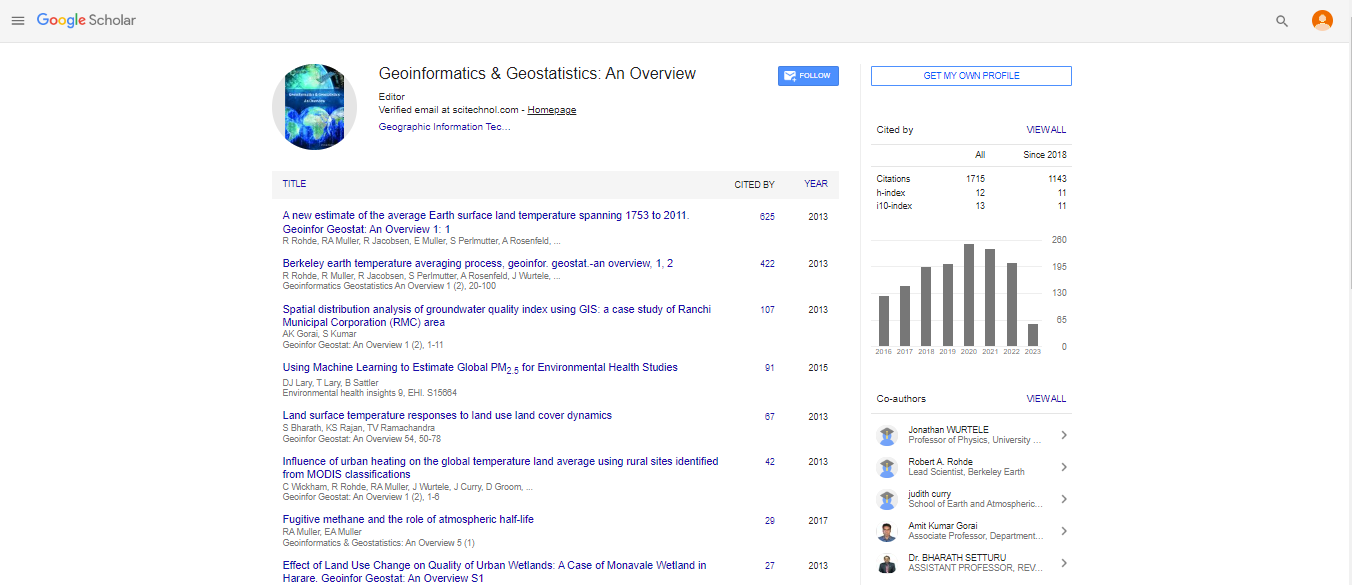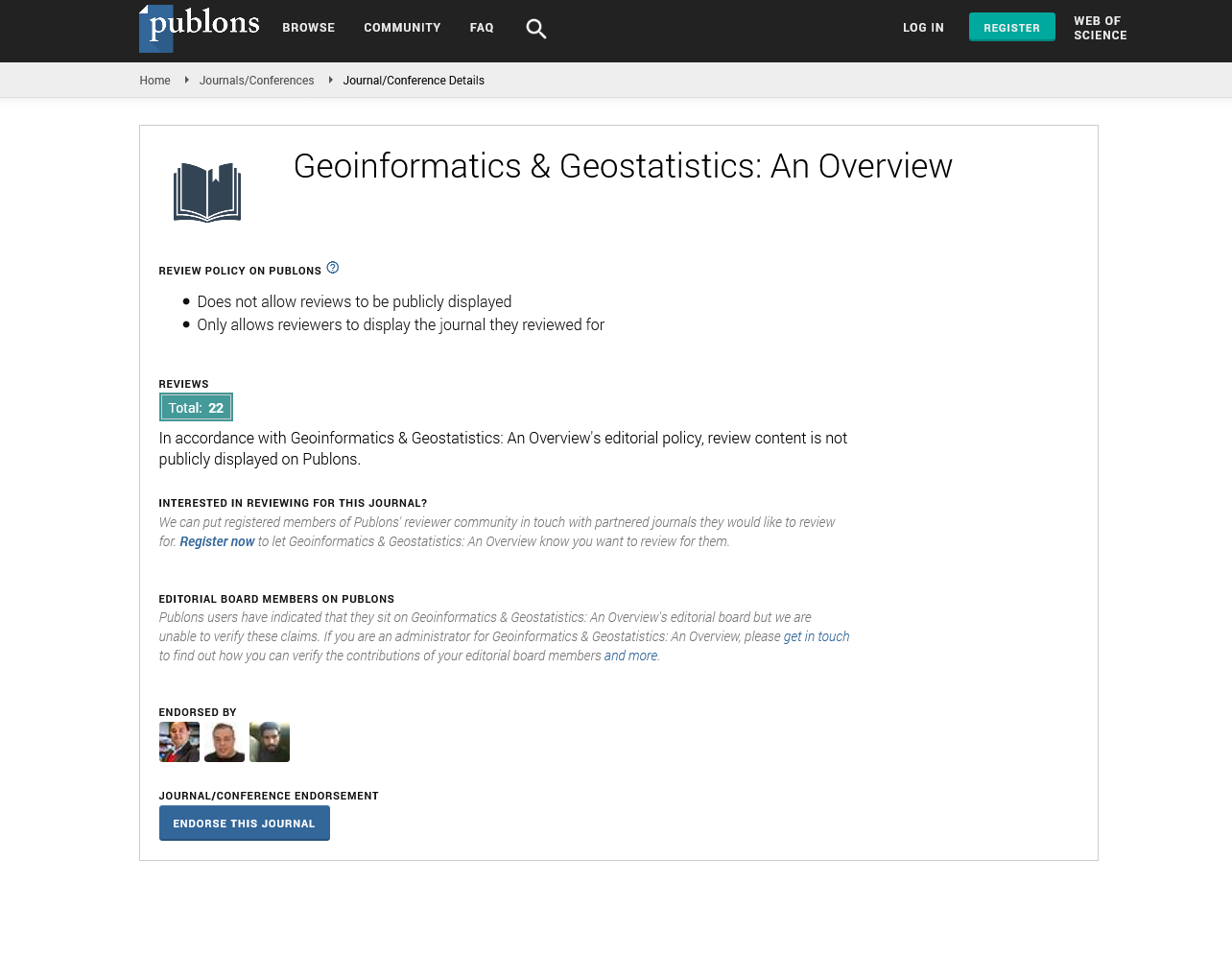Previous finding-based support for establishing communities that are well-prepared for a disaster
Tomoko Utsumi, Chie Yoshimoto, Mariko Ooura and Makiko Kondo
Kagawa Prefectural University of Health Sciences, Japan
Okayama University, Japan
:
Abstract
Statement of the Problem: In Japan, where natural disasters frequently occur, it is becoming increasingly important to establish communities that are well-prepared for such disasters. However, concern exists that, due to a reduction in the working-age population ratio associated with the decreasing birth rate and aging of the population, the local disaster-control capacity (i.e., self-help and cooperation) may decline. The present study aimed to obtain insights into establishing communities that are well-prepared for a disaster based on previous studies regarding natural disasters. Methodology & Theoretical Orientation: We searched for target information using the Web Japan Medical Abstracts Society with the keyword "disaster", using CiNii with the keyword “natural disaster”, and using the websites of municipalities that had been affected by a large-scale earthquake. Findings: As support for establishing communities that are well-prepared for a disaster, the following seven items were extracted: 1) helping residents develop skills to deal with disasters, 2) organizing residents who can be helpful at the time of a disaster, 3) understanding those requiring support, 4) securing coordination between administrative bodies and other organizations, 5) each community conducting disaster drills in a unified manner, 6) developing systems to share information among municipalities when conventional telecommunication methods are unavailable, and 7) ensuring disaster-control bases. Item 2) included registering ham radio hobbyists, people who have special skills and/or qualifications (e.g., physicians, nurses, and carpenters), encouraging residents to obtain qualifications as professional helpers, and nurturing medical volunteers. Conclusion & Significance: The results of our study suggest that it is possible to increase local cooperation by developing the disastercontrol capacity of residents regardless of their age or sex (e.g., securing skilled people, and helping people improve special skills), as well as by regarding not only self-governing organizations, but also local companies and shops as having roles in their communities.
Biography
Email: mkondo@cc.okayama-u.ac.jp
 Spanish
Spanish  Chinese
Chinese  Russian
Russian  German
German  French
French  Japanese
Japanese  Portuguese
Portuguese  Hindi
Hindi 
